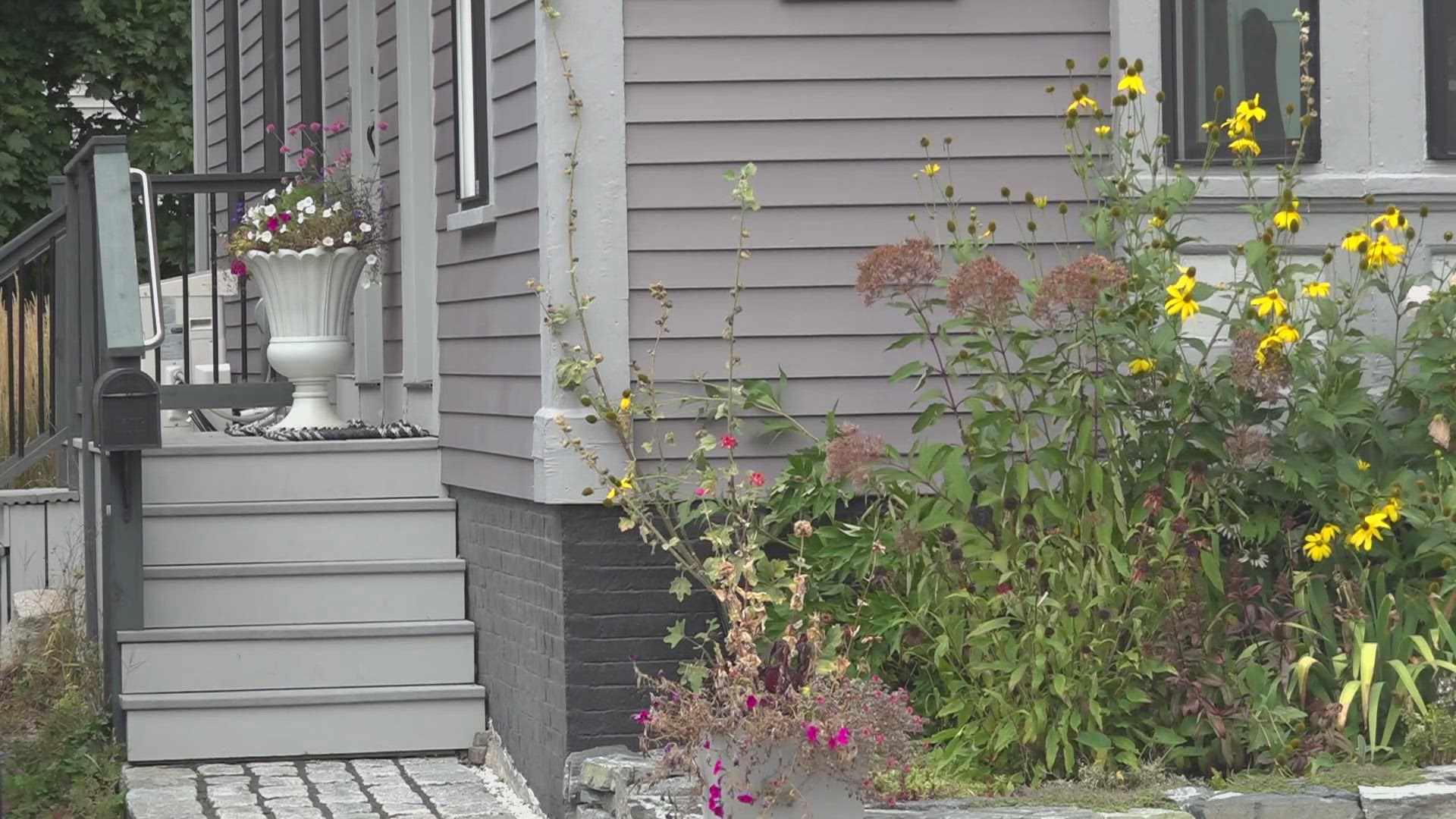SOUTH PORTLAND, Maine — Mainers across the state have recently seen changes in property taxes and the increases are leaving homeowners in shock, wondering where they will find the money to cover the new expense.
Community members in South Portland have continued to sound the alarm about the issue, expressing their concerns to city leaders.
At this week's city council meeting, South Portland city councilor at large Richard Matthews put forth a resolution formally asking Maine state representatives and senators to step in.
"I've lived in South Portland for 59 years, and I've lived in my current home for 20 years," Matthews said. "And it's the biggest jump I've ever seen."
Matthews' property taxes went up more than $1,200 after the city's most recent property equalization valuation assessment.
The assessment evaluates the sale ratios of commercial and residential properties.
"You have people coming in from out of state buying homes for $100,000, $200,000 over asking price and all these homes are being sold at these outrageous prices," Matthews said.
When homes in an area sell at high dollar amounts, often well over their worth, the value of all the other homes in the area shoots up.
"This is affecting every community in Maine," Matthews said.
Westbrook's city administrator Jerre Bryant said the base property tax increase in Westbrook is about 14 and a half percent.
"The thing that people can't handle are sudden changes, and that's exactly what we're having this year," Bryant said.
Bryant and Westbrook's tax assessor explained that the city looks at all property sale ratios yearly. When there aren't significant changes in the market, property values don't change much either.
However, the market has changed drastically in the past four years, they explained, causing a need for municipalities to increase property taxes.
Bryant said Maine state law requires municipalities to maintain a 100 percent ratio of assessed value when compared to market value.
Assessed value is often defined as the dollar value assigned to a home or piece of real estate for property tax purposes. The assessed value takes into account the value of comparable properties in the area.
Market value is considered as the potential price that a home or real estate property would go for in the real estate market if it were to sell and the value impacted by the price that a buyer would be willing to pay for the property, as well as the price that an owner would be willing to accept if they were to sell.
Bryant said to get closer to a 100 percent ratio of assessed value versus market value, the assessed value in Westbrook was increased by 30 percent.
Bryant added that many people bought their homes years ago at much lower amounts than the homes are worth today.
He also explained that other factors like the increase in city spending impact property taxes as well, and that Westbrook's city budget and the property taxes in the city increased by comparable amounts.
Sometimes, the property value isn't to blame for increases in property taxes, and in some cases, city spending is the cause, according to Bryant.
Regardless of the causes, Bryant said the increase in property tax valuations underscores why property tax isn’t a good primary source of funding for local governments.
Matthews and many South Portland community members that he represents think the increases in property taxes are outrageous.
"And if we don't do something it's only going to get worse," Matthews said.
His version of doing something looks like asking state leaders like Rep. Matthew Beck to step in and push for changes at the state level.
Beck said the Maine Legislature can't lower property taxes, but they can offer property tax relief through programs.
He also said state leaders can work to take a more drastic approach, proposing making changes to the Maine Constitution.
"What we would like to look at is a constitutional amendment that would allow municipalities to tax residential properties at a lower rate than commercial properties," Beck said.
But making an amendment to the state's constitution would be a long shot because the change would have to pass a two-thirds vote in the Maine House, a two-thirds vote in the Senate, and a statewide referendum.

